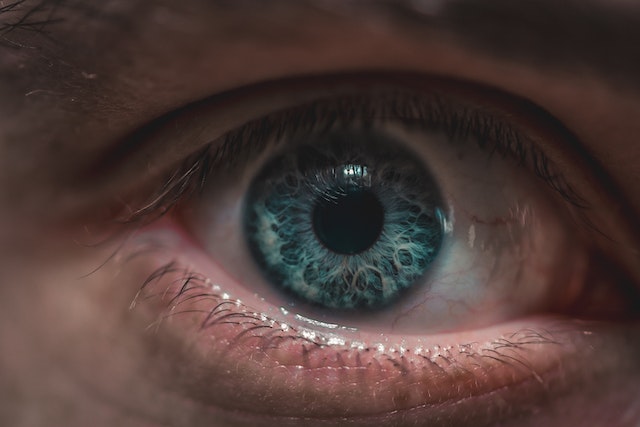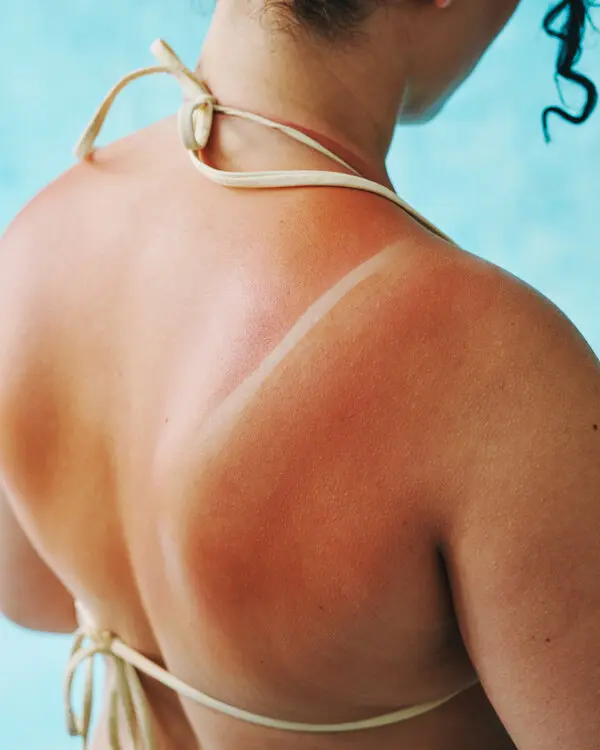Dehydration can indeed contribute to the formation of under-eye bags. When the body is dehydrated, it tries to retain water, leading to fluid accumulation and puffiness in various areas, including the delicate skin under the eyes. Here’s how dehydration can contribute to under-eye bags:
1. Water Retention: When the body is dehydrated, it goes into a state of water conservation and tries to retain as much water as possible. This can lead to fluid retention, particularly in areas where fluid tends to accumulate, such as the under-eye area.
2. Blood Vessels: Dehydration can cause blood vessels under the eyes to dilate or become more prominent. This can create a dark, shadowy appearance and make under-eye bags more noticeable.
3. Skin Texture: When the body is dehydrated, the skin can become dry, dull, and less elastic. The under-eye area is especially prone to dryness, and dehydrated skin in this area can accentuate the appearance of under-eye bags.
To help reduce under-eye bags caused by dehydration, it’s important to stay properly hydrated. Here are some tips:
1. Drink Plenty of Water: Aim to drink an adequate amount of water throughout the day to maintain hydration. The general recommendation is to consume around 8 cups (64 ounces) of water daily, but individual needs may vary.
2. Limit Diuretic Beverages: Some beverages, such as caffeinated drinks and alcohol, can have a diuretic effect, increasing fluid loss from the body. Limit your consumption of these beverages and ensure you hydrate with water as well.
3. Moisturize the Under-Eye Area: Apply a hydrating eye cream or gel to the under-eye area to help combat dryness and keep the skin moisturized. Look for products that contain hydrating ingredients like hyaluronic acid or ceramides.
4. Use a Humidifier: If the air in your environment is dry, using a humidifier can help add moisture to the air and prevent excessive dehydration of the skin.
5. Avoid Rubbing or Pulling at the Eyes: Be gentle when applying skincare products or removing makeup around the eyes. Rubbing or pulling at the delicate skin can further irritate the area and contribute to under-eye bags.
In addition to addressing dehydration, other factors like sleep, allergies, and lifestyle habits can also contribute to under-eye bags. If you consistently experience under-eye bags or if they are accompanied by other concerning symptoms, it’s advisable to consult a healthcare professional for a thorough evaluation.










